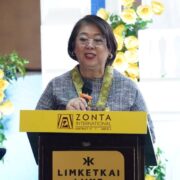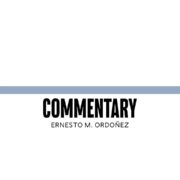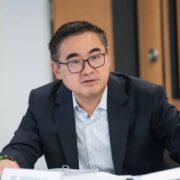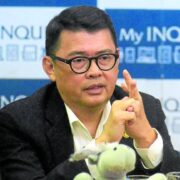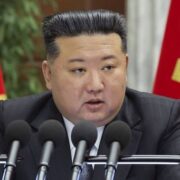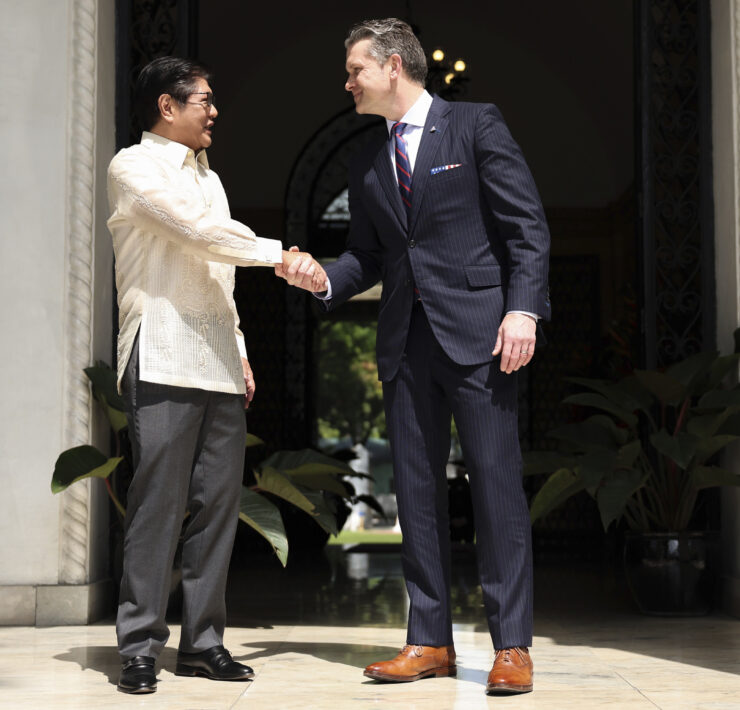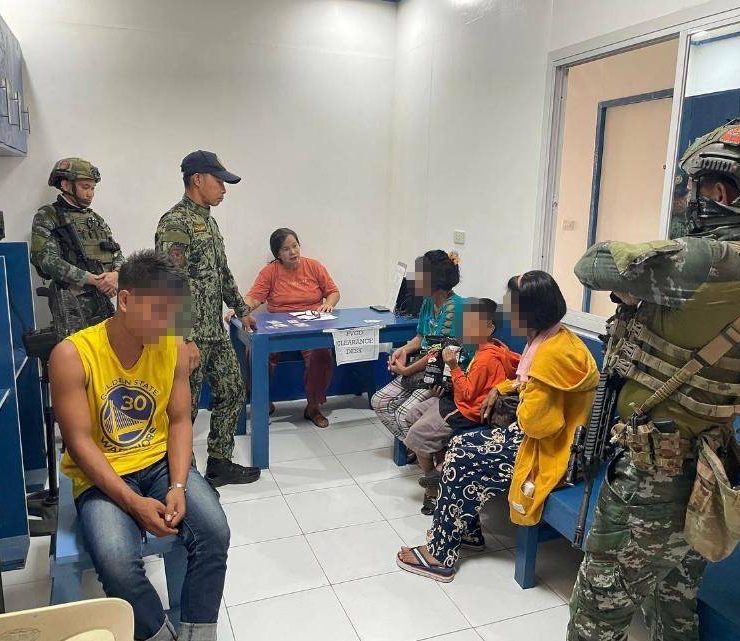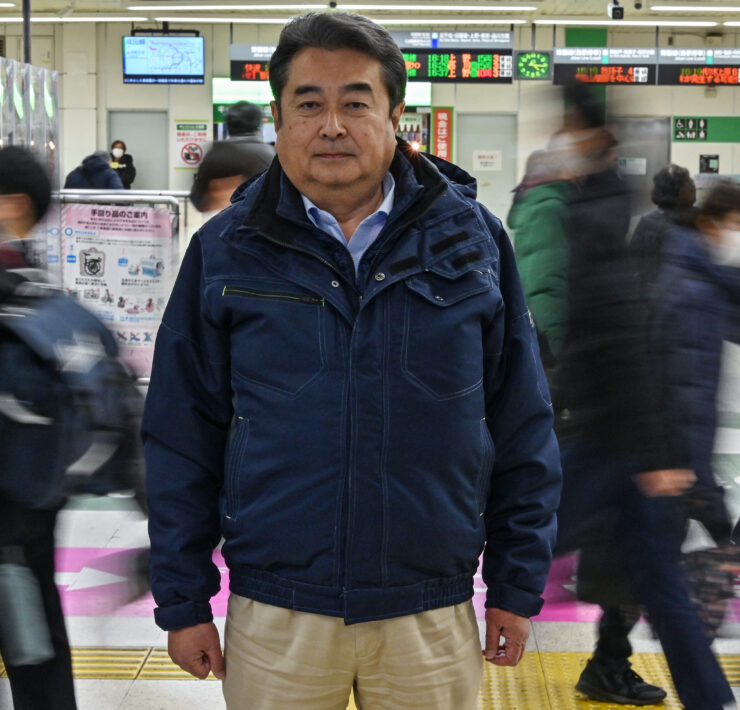Navy Admiral who talked with a Chinese military attaché about Ayungin Shoal retires
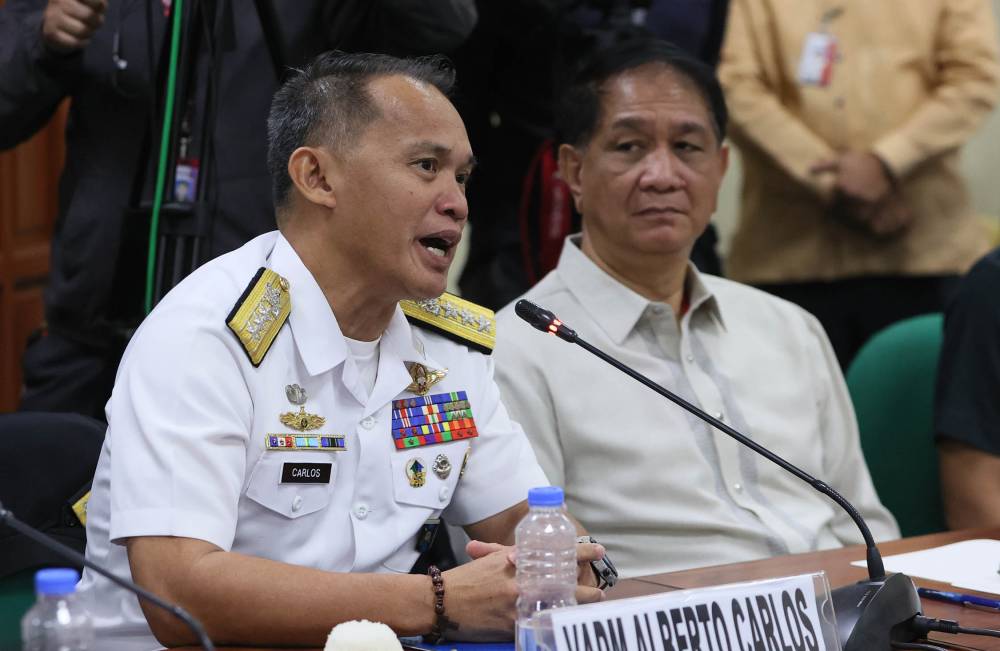
Vice Admiral Alberto Carlos retired from the service on Tuesday after serving for over three decades.
Carlos was the senior Navy official who was at the center of a controversy allegedly due to an agreement between Manila and Beijing regarding rotation and resupply missions in Ayungin (Second Thomas) Shoal.
Carlos paid an exit call on Armed Forces of the Philippines (AFP) chief of staff Gen. Romeo Brawner Jr. at Camp Aguinaldo on Monday.
Photos released by the AFP showed Carlos and Brawner wearing the “white duck” uniform, a formal attire reserved for special occasions.
“Gen. Brawner acknowledged Vadm. Carlos’ service and commitment to the AFP and wished him well (in) his future pursuits,” the AFP said in a photo release. He was presented with a memento “as a symbol of the AFP’s appreciation for his service.”
Phone call with Chinese embassy
Carlos, a naval aviator, logistician and procurement expert, assumed leadership of Wescom in Jan. 2022. He graduated from the US Naval Academy Class of 1989.
He went on “personal leave” in May and was soon relieved from his post as commander of the AFP’s Western Command (Wescom) overseeing the southern portion of the West Philippine Sea.
He took the leave amid the Chinese embassy’s claim of a phone recording of him agreeing to a “new model” with Beijing to deescalate tensions in the West Philippine Sea. He was replaced by Vice Adm. Alfonso Torres Jr.
Based on a transcript of the allegedly wiretapped phone call distributed by the Chinese embassy, Carlos supposedly confirmed four times that his superiors had agreed to the deal to transport only food, water and humanitarian supplies to the BRP Sierra Madre, which is a grounded warship that serves as the Philippine Navy’s outpost in Ayungin Shoal.
In a Senate hearing in May, Carlos denied agreeing to a secret deal with China that would compromise the country’s interests, but confirmed speaking on the phone with a Chinese official in January.
Carlos told senators that he received a call from the embassy’s military attaché, whom he identified as Senior Colonel Li, and they talked for about three to five minutes last January.
He condemned “the act of the Chinese Embassy to record the conversation without my consent much more to divulge it to the public with malicious twists and manipulation in order to appear that our discussion supported the corrosive narratives of the PRC (People’s Republic of China).”
Some of Wescom’s key staff were also simultaneously relieved from their posts following Carlos’ replacement.



